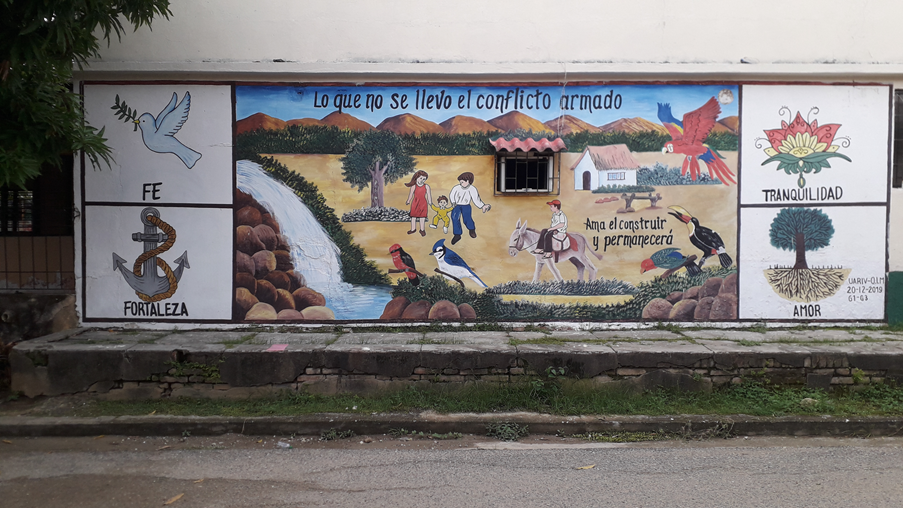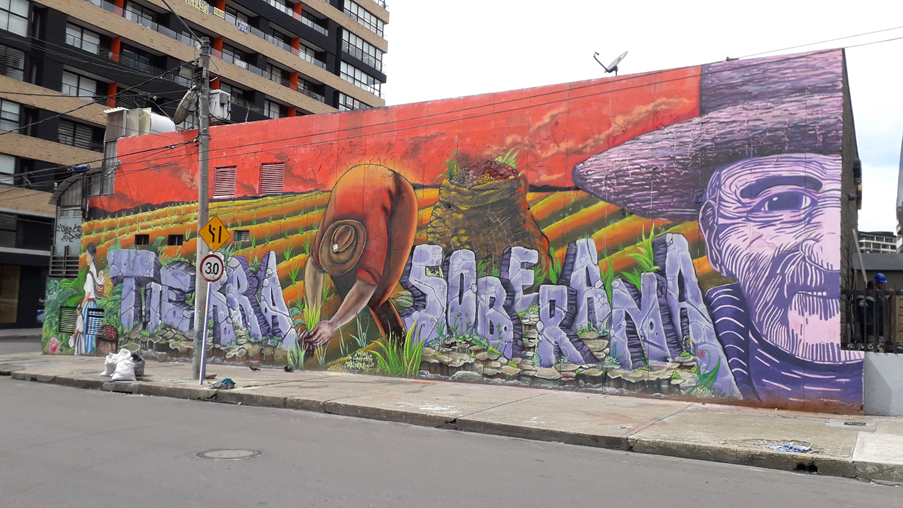2. What are the social psychological determinants of mental health and well-being among severely disadvantaged communities?
Our second line of inquiry focuses on how dimensions of contact (positive vs negative vis-à-vis intergroup contact vs ingroup contact) influence mental health among the severely disadvantaged groups (refugees and indigenous communities) in community settings (Eller et al, 2016, Eller et al, 2021) and among refugees in Turkey (Alfadhli, Cakal, et al, 2019; Ozkan et al 2021); among communities involved in conflict (Voci et al, 2017).








